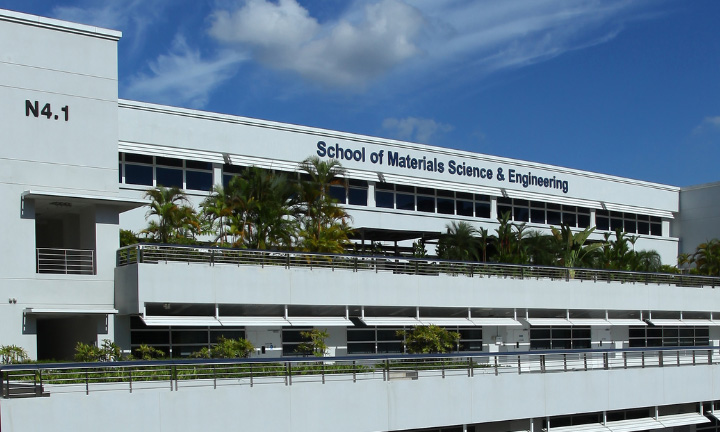Defect Architectures in Extreme Environments

05 Feb 2025
10.00 AM - 11.00 AM
Zoom
Alumni, Current Students
NTU MSE Seminar Hosted by Professor Chen Zhong
Abstract
Mastering material processes in extreme environments—such as high temperatures, intense irradiation, and harsh reactive conditions—is essential for advancing modern technologies, including aerospace, nuclear energy, and advanced manufacturing. These extreme environments often drive chemical reactions or phase transformations that significantly modify a material's properties, influenced by the formation and evolution of defects. Consequently, the precise design and control of material defects, or “defect architecture,” is key to improving material performance and reliability in such demanding conditions. However, the complex behaviors of defects under extreme stimuli present significant challenges. In this seminar, I will present our strategies for understanding and controlling defect processes under three distinct extreme environments: high-temperature reactive atmospheres, ion irradiation, and extremely reducing hydride conditions. First, in high-temperature reactive atmospheres, I will illustrate how synchrotron-based spectroscopy has enabled the identification of critical surface defect reactions, thereby informing design strategies to mitigate material degradation [1]. Second, for irradiation conditions, I will showcase how ion irradiation design can help harness non-equilibrium defects to enable advanced bottom-up nano-fabrication [2]. Finally, for extremely reducing hydride environments, I will present our efforts in using electrical transport measurements to decode defect reactions during hydride-driven low-temperature oxide reduction—a critical reaction for quantum material synthesis and sustainable manufacturing [3]. Together, these studies provide insights into defect architectures under extreme conditions, paving the way for durable materials capable of withstanding harsh environments and harnessing extreme defects for innovative functionalities.
Representative Publications:
- Wang et al., “Fast surface oxygen release kinetics accelerate nanoparticle exsolution in perovskite oxides,” J. Am. Chem. Soc., (2023)
- Wang et al., “Ion irradiation to control size, composition, and dispersion of metal nanoparticle exsolution,” Energy Environ. Sci., (2023)
- Wang et al., “Molecular H2 as the reducing agent in low-temperature oxide reduction using calcium hydride,” J. Am. Chem. Soc., (2025)
Biography
Dr. Jiayue Wang
Dr. Jiayue Wang is a postdoctoral scholar at Stanford University. He earned his Ph.D. in Nuclear Science and Engineering (NSE) from MIT and holds a B.E. in Engineering Physics from Tsinghua University. Dr. Wang’s research focuses on designing and controlling atomic defects in materials for extreme properties. His work aims to enhance material stability in harsh environments through precise defect engineering and to develop novel materials by leveraging extreme defect behaviors. His interdisciplinary approach combines atomic-scale synthesis, in situ synchrotron spectroscopy, multi-scale modeling, and advanced defect manipulation. Dr. Wang’s research has been recognized with the Julian Baumert Thesis Award from the National Synchrotron Light Source II (NSLS-II) and the Materials Research Society (MRS) Graduate Student Silver Award.
Dr. Jiayue Wang
Postdoctoral Scholar
Geballe Laboratory for Advanced Materials, Stanford University

